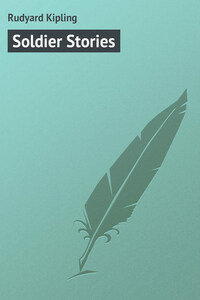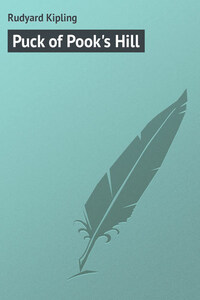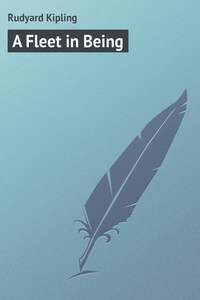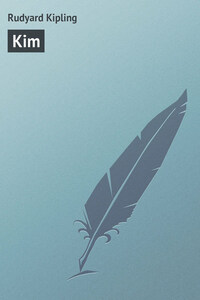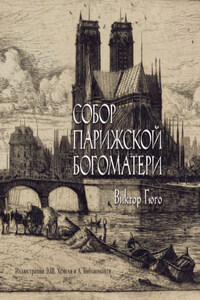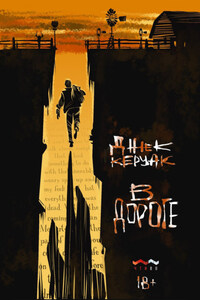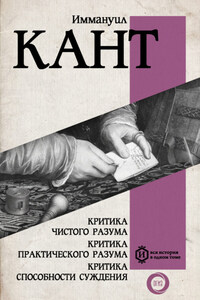The ore, the furnace and the hammer are all that is needed for a sword. —Native proverb.
This was a cantonment one had never seen before, and the grey-haired military policeman could give no help.
‘My experience,’ he spoke detachedly, ‘is that you’ll find everything everywhere. Is it any particular corps you’re looking for?’
‘Not in the least,’ I said.
‘Then you’re all right. You can’t miss getting something.’ He pointed generally to the North Camp. ‘It’s like floods in a town, isn’t it?’
He had hit the just word. All known marks in the place were submerged by troops. Parade-grounds to their utmost limits were crowded with them; rises and sky-lines were furred with them, and the length of the roads heaved and rippled like bicycle-chains with blocks of men on the move.
The voice of a sergeant in the torment reserved for sergeants at roll-call boomed across a bunker. He was calling over recruits to a specialist corps.
‘But I’ve called you once!’ he snapped at a man in leggings.
‘But I’m Clarke Two,’ was the virtuous reply.
‘Oh, you are, are you?’ He pencilled the correction with a scornful mouth, out of one corner of which he added, ‘“Sloppy” Clarke! You’re all Clarkes or Watsons to-day. You don’t know your own names. You don’t know what corps you’re in. (This was bitterly unjust, for they were squinting up at a biplane.) You don’t know anything.’
‘Mm!’ said the military policeman. ‘The more a man has in his head, the harder it is for him to manage his carcass – at first. I’m glad I never was a sergeant. Listen to the instructors! Like rooks, ain’t it?’
There was a mile of sergeants and instructors, varied by company officers, all at work on the ready material under their hands. They grunted, barked, yapped, expostulated, and, in rare cases, purred, as the lines broke and formed and wheeled over the vast maidan. When companies numbered off one could hear the tone and accent of every walk in life, and maybe half the counties of England, from the deep-throated ‘Woon’ of the north to the sharp, half-whistled Devonshire ‘Tu.’ And as the instructors laboured, so did the men, with a passion to learn as passionately as they were taught.
Presently, in the drift of the foot-traffic down the road, there came another grey-haired man, one foot in a bright slipper, which showed he was an old soldier cherishing a sore toe. He drew alongside and considered these zealous myriads.
‘Good?’ said I, deferentially.
‘Yes,’ he said. ‘Very good’ – then, half to himself: ‘Quite different, though.’ A pivot-man near us had shifted a little, instead of marking time, on the wheel. His face clouded, his lips moved. Obviously he was cursing his own clumsiness.
‘That’s what I meant,’ said the veteran. ‘Innocent! Innocent! Mark you, they ain’t doin’ it to be done with it and get off. They’re doin’ it because – because they want to do it.’
‘Wake up! Wake up there, Isherwood!’ This was a young subaltern’s reminder flung at a back which straightened itself. That one human name coming up out of all that maze of impersonal manœuvring stuck in the memory like wreckage on the ocean.
‘An’ it wasn’t ‘ardly even necessary to caution Mister Isherwood,’ my companion commented. ‘Prob’ly he’s bitterly ashamed of ‘imself.’
I asked a leading question because the old soldier told me that when his toe was sound, he, too, was a military policeman.
‘Crime? Crime?’ said he. ‘They don’t know what crime is – that lot don’t – none of ‘em!’ He mourned over them like a benevolent old Satan looking into a busy Eden, and his last word was ‘Innocent!’
The car worked her way through miles of men – men route-marching, going to dig or build bridges, or wrestle with stores and transport – four or five miles of men, and every man with eager eyes. There was no music – not even drums and fifes. I heard nothing but a distant skirl of the pipes. Trust a Scot to get his national weapon as long as there is a chief in the North! Admitting that war is a serious business, specially to the man who is being fought for, and that it may be right to carry a long face and contribute to relief funds which should be laid on the National Debt, it surely could do no harm to cheer the men with a few bands. Half the money that has been spent in treating, for example…
There was a moor among woods with a pond in a hollow, the centre of a world of tents whose population was North-Country. One heard it from far off.
‘Yo’ mun trail t’ pick an’ t’ rifle at t’ same time. Try again,’ said the instructor.
An isolated company tried again with set seriousness, and yet again. They were used to the pick – won their living by it, in fact – and so, favoured it more than the rifle; but miners don’t carry picks at the trail by instinct, though they can twiddle their rifles as one twiddles walking-sticks.
They were clad in a blue garb that disguised all contours; yet their shoulders, backs, and loins could not altogether be disguised, and these were excellent. Another company, at physical drill in shirt and trousers, showed what superb material had offered itself to be worked upon, and how much poise and directed strength had been added to that material in the past few months. When the New Army gets all its new uniform, it will gaze at itself like a new Narcissus. But the present kit is indescribable. That is why, English fashion, it has been made honourable by its wearers; and our world in the years to come will look back with reverence as well as affection on those blue slops and that epileptic cap. One farseeing commandant who had special facilities has possessed himself of brass buttons, thousands of ‘em, which he has added to his men’s outfit for the moral effect of (

